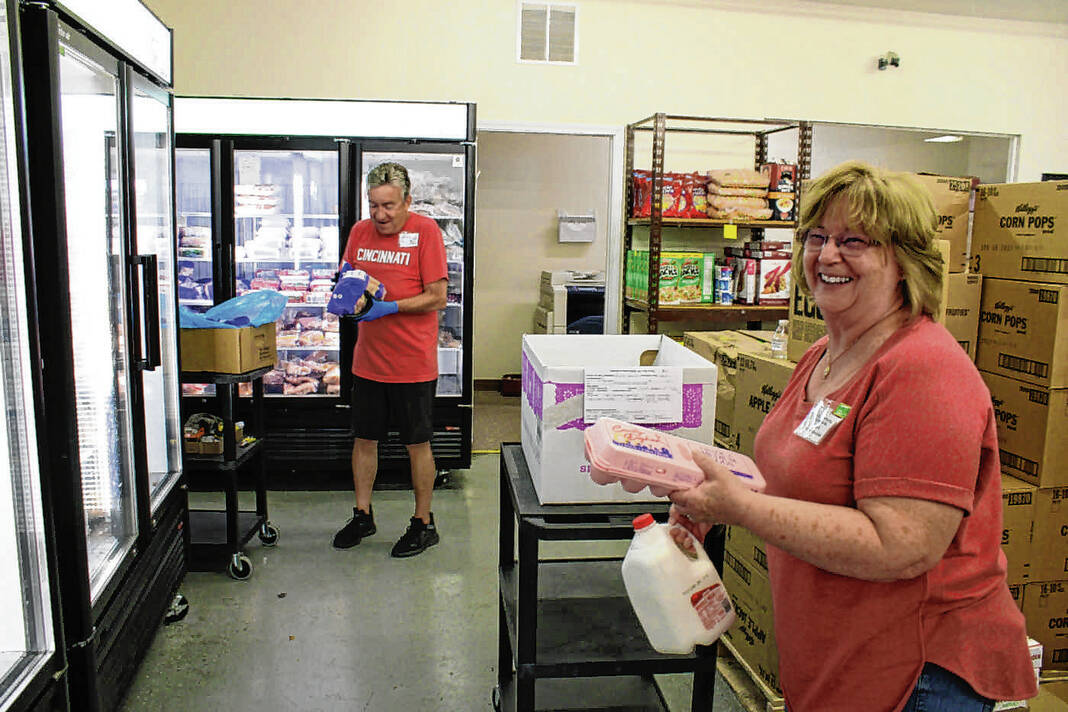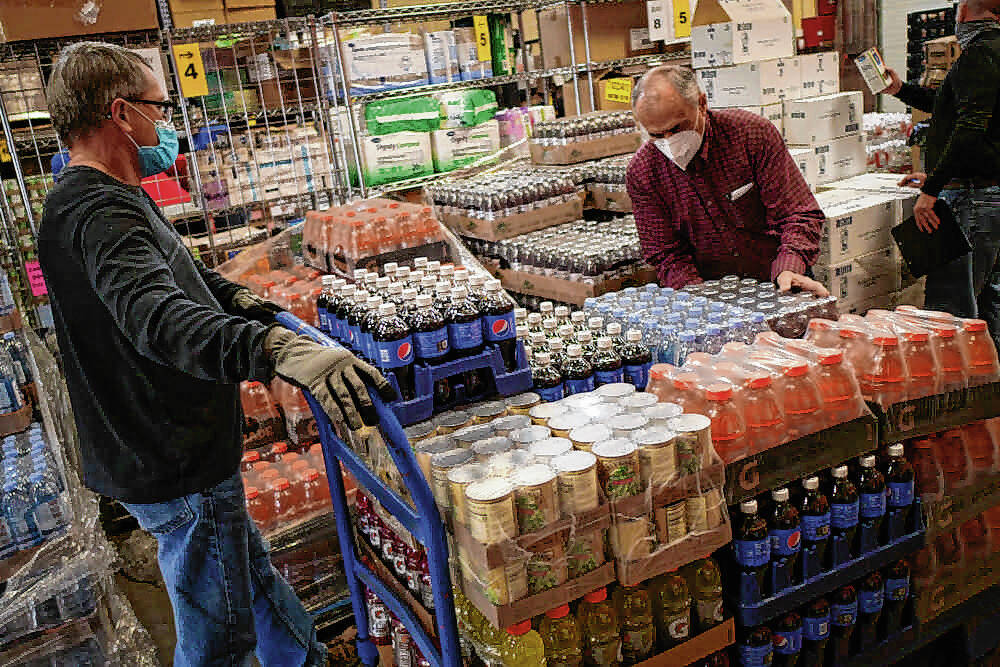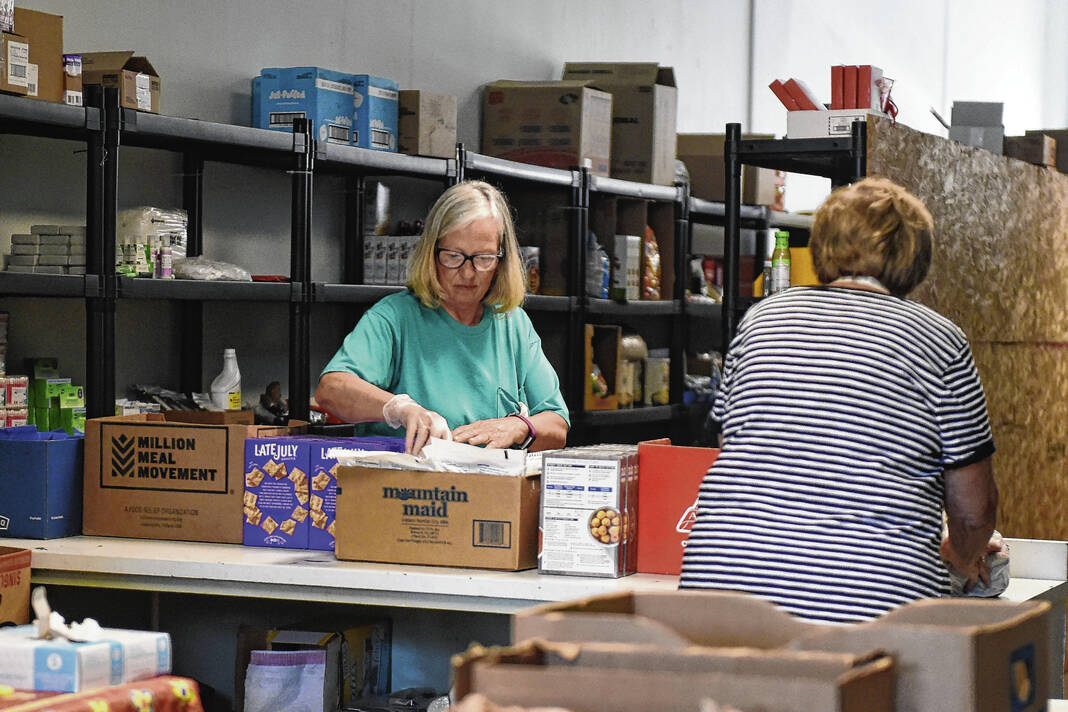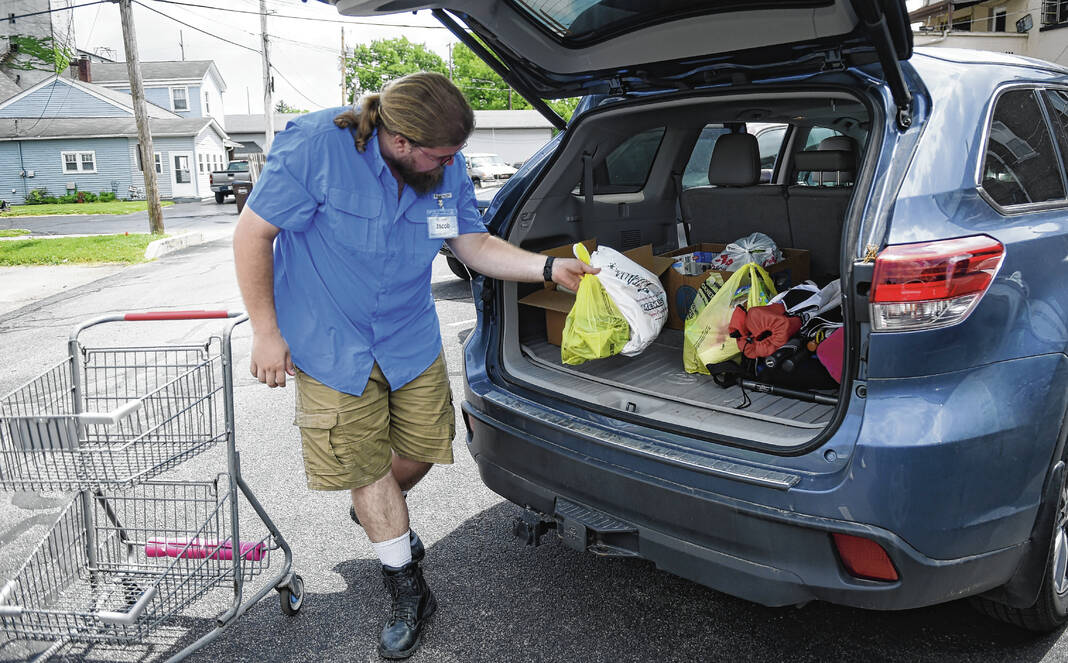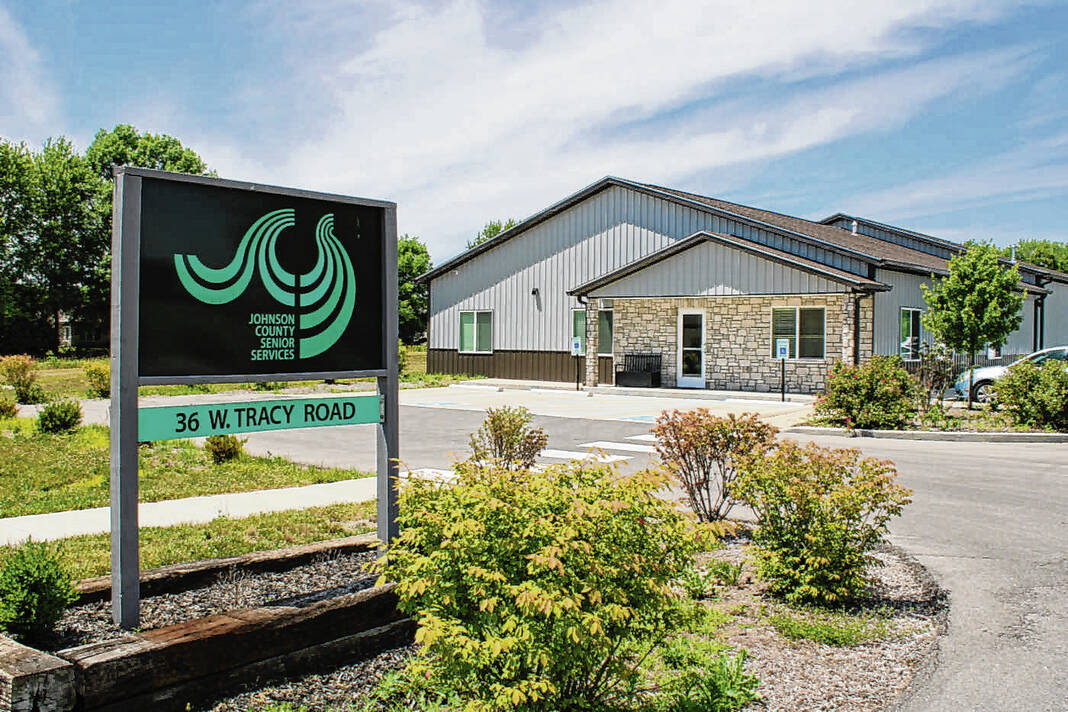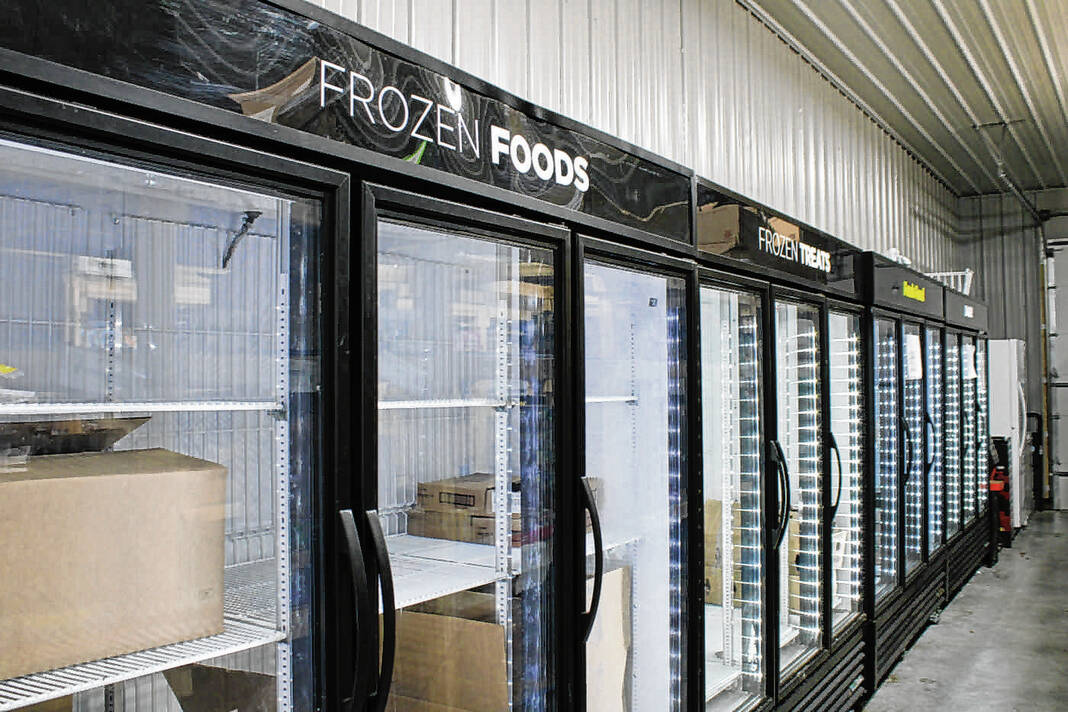As inflation grips Johnson County and the country as a whole, more and more people are seeking out help in the face of food insecurity.
Local food pantry leaders say they are being stressed beyond anything they’ve experienced before.
So far in 2022, the Interchurch Food Pantry of Johnson County is serving more people than any time in their history, said Carol Phipps, pantry executive director. From January through May, there’s been a 61% increase in household visits compared to 2021, she said.
The number of households served in April was double than what it was in April 2021, and May of this year was the pantry’s highest volume month ever — 2,729 household visits were recorded.
With more household visits to food pantries, the pantries are forced to find additional ways to bring in more donations.
“We’re aggressively writing grants, we’re seeking out other sources of funds, and that’s what we’re counting on,” Phipps said. “In general, individual donors are feeling the pinch and are donating less, so our typical sources which are individual donors are not having as much funds as they’ve had in the past to donate.”
Interchurch Food Pantry isn’t alone in their struggle.
Kimberly Smith, executive director of Johnson County Senior Services, has noticed that their pantry is getting lighter than it’s ever been before.
“We’ve seen a huge increase in needs and it started during the pandemic and the needs never went down. They (senior citizens) already have to choose between medicine or food,” Smith said. “Prior to the pandemic that’s always been the case.”
Johnson County Senior Services also offers transportation. As the price of gas has increased, it’s been difficult to afford to fuel for their vehicles, Smith said.
For their organization, inflation has meant finding creative ways to get donations and supplies for the community, Smith said.
“We had to add more fundraisers to help with food donations and transportation money. It’s not an option to not be able to transport because some of them need to go to the grocery store, visit loved ones,” she said.
The agency’s priority is to care for the quality of senior citizens’ lives, Smith said. Agency staff and volunteers are appreciative of any type of donation, because even a small amount of money can make a huge impact in a senior’s life.
“It doesn’t matter — it can be one can of beans and a senior can eat from the can for two days. It can be any donation, it will help and we won’t have seniors eating dog food or not eat anything at all,” Smith said.
Kerry Carmichael, executive director of The Refuge, has also noticed a slight increase of families coming for food donations. The organization normally helps an average of 20 to 30 families, but with the increased financial challenges people are facing, but in recent weeks the number of families has increased to between 40 to 100, Carmichael said.
Families are in need of more than just food, she said.
“People are needing gas cards to help get to work, school, or day care. People are now facing financial hardship, and people are going on a budget more,” Carmichael said.
Edinburgh Food Pantry leaders are seeing food cleared off the pantry’s shelves faster than normal, sometimes within three hours of new donations coming in, said David Bauman, executive director.
“So much goes out of the door. I find myself looking around and thinking how am I going to replace all of this before the next time. But it’s just a sign that we’re meeting a need,” Bauman said. “I’m learning to just kind of relax and let God provide because he certainly provided plenty of volunteers so I will say ‘Okay God this is in your hands. I know you’re kind and will take care of their needs.’”
The Mount Pleasant Christian Church IMPACT Center has had a steady supply of food but it has been more difficult to get fresh foods, said Steve Sauders, pastor of IMPACT Center.
“The biggest challenge is having healthy options, making sure we have enough fresh produce and protein. We want to make sure we have healthy selection for all of our members,” Sauders said.
Between the increase in prices and increase in families in need, the IMPACT Center has had a hard time keeping up, he said.
“The prices for protein have increased, which has become a struggle because we try to make sure that we buy enough ground beef or other proteins that we want to give to each of them (families or individuals),” Sauders said.
In their shared goal to make sure no one in Johnson County goes hungry, pantries work together by helping provide donations.
“We’ve had great partnerships with other food pantries and people in the community wanting to help, if there is a need in the community the people will step up and help out,” Carmichael said.
The community makes it possible for food pantries to do their work. Pantry leaders thank the community want to extend their ‘thank you’ for helping them get through tough times.
“It’s an amazing community with the support that they give and the reason we’ve been in business over 35 years. I’ve really seen the giving side of the community, the people who really want to make a difference and make sure that all residents have the basic needs, especially food. So just a big thank you to the community for all that they’ve done and continued to do.” Phipps said.
With inflation impacting so many people, pantry leaders want no one to go hungry because they didn’t ask for help.
“I know there can be a stigma for families about needing to go to the food pantry but we are all about treating people with love, respect and dignity,” Sauders said. “We are in this together. We love to help anybody that needs to be helped and should be able to come up to receive it.”


